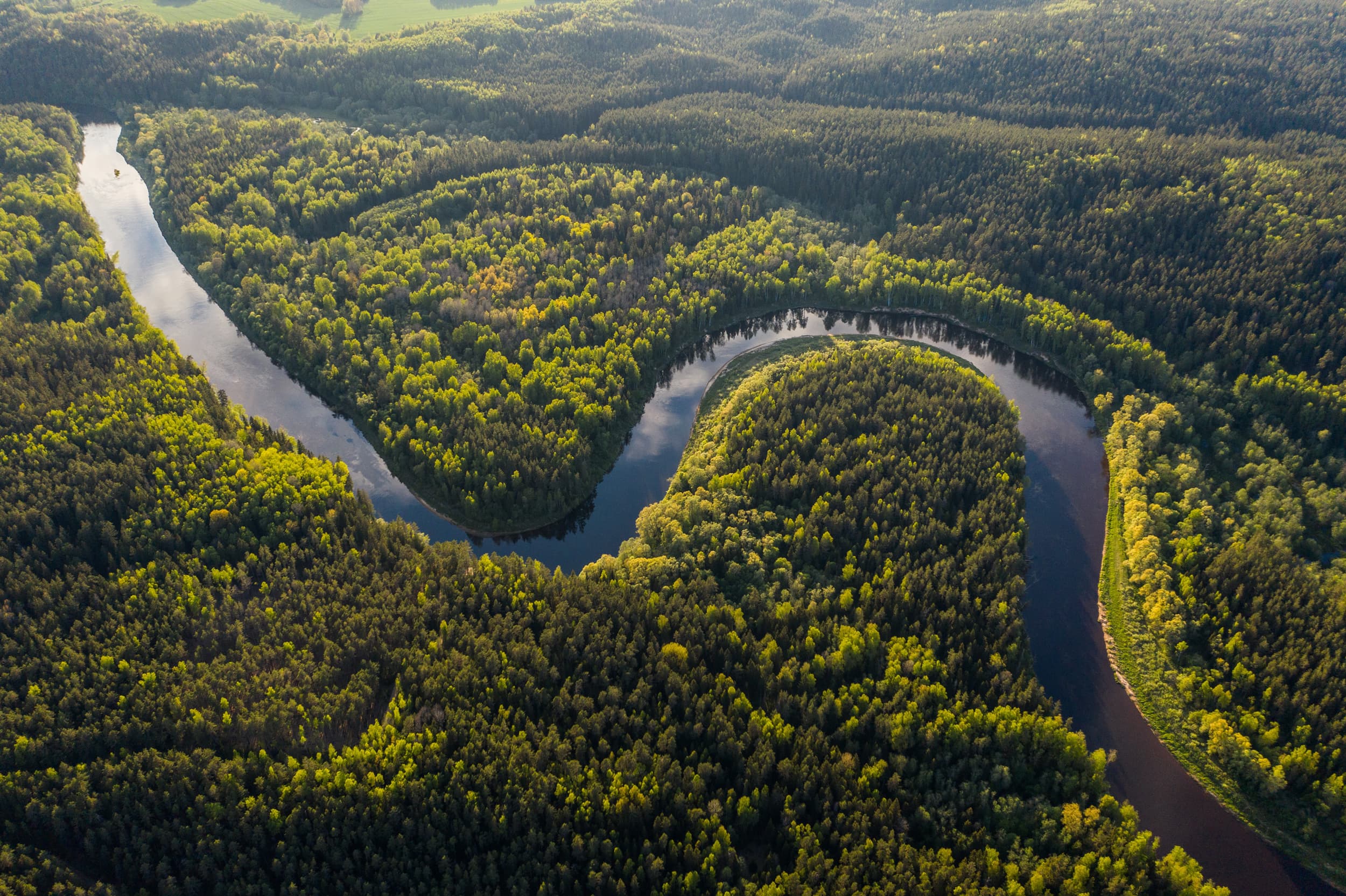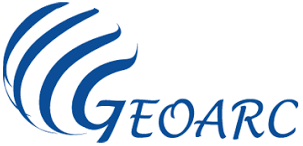

Global Ecosystems and Environment Observation Analysis Research Cooperation

Challenge
Global ecosystems are increasingly threatened by urban expansion, climate change, and unsustainable resource use, leading to biodiversity loss and disruptions in the carbon cycle. Limited access to integrated, high-quality environmental data complicates efforts to address these issues. Policymakers and stakeholders urgently need accessible, coordinated information and knowledge to guide actions on ecosystem conservation, biodiversity, carbon management, and sustainable urbanization.
Solution
GEOARC provides an open-access, multi-source data platform for monitoring ecosystems and urban impacts with biodiversity and carbon management tools. GEOARC enables users to make data-driven decisions for ecosystem conservation and climate adaptation by integrating advanced remote sensing, in situ observations, artificial intelligence technology, etc. Through partnerships and platforms, such as the GEO Knowledge Hub, GEOARC promotes collaboration and knowledge-sharing to support ecological resilience and sustainable development regionally and worldwide.
Intended Socioeconomic and Environmental Impact
GEOARC aims to create substantial socioeconomic and environmental benefits by enhancing biodiversity conservation, sustainable land management, and resilience to climate change. GEOARC supports policies that protect ecosystems and biodiversity and strengthen ecological resilience against climate-related risks by providing timely and actionable insights. By 2030, GEOARC will contribute to essential ecosystem preservation, climate adaptation, and achieving the Sustainable Development Goals, thus supporting a sustainable and resilient global environment.
Objectives for 2025–2030
Through the following objectives, GEOARC will contribute significantly to global efforts in ecosystem conservation, climate adaptation, and sustainable development by 2030.
How We Work
GEOARC operates through a core team supported by governance bodies and a global network of partners. The core team manages daily operations, data generation, and project execution, while the governance bodies, including an international steering committee, provide strategic direction and oversight. This collaborative structure integrates regional and global partners, such as UNEP, FAO, UNESCAP, and national agencies, to foster innovation and ensure GEOARC’s outputs align with international standards. Regular meetings, workshops, and data-sharing platforms enhance coordination and knowledge exchange, enabling GEOARC to deliver reliable, actionable insights that support sustainable development and worldwide environmental resilience.